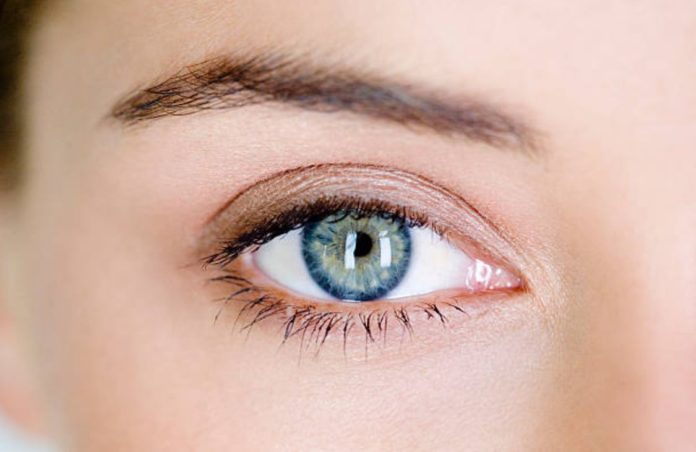Many technologies already use some type of sensor that detects eye movement. They analyze it, process it and provide us with very useful data that simplifies our lives. But they also collect biometric information that reveals sensitive information such as our ethnicity, diseases we suffer from or the drug use habits that we have.
These types of systems are already being used today, although not in a massive way: they are used to interact with video games, to prevent us if something does not go well when we are behind the wheel or to help doctors diagnose diseases. But in the new generation of technology to come, these devices will be fully integrated into our lives.
- Does This Mean We Stopped Being Animal and Started Being Human Due to ‘Copy Paste’ Errors?
- The One Lifestyle Choice That Could Reduce Your Heart Disease Risk By More Than 22%
- Aging: This Is What Happens Inside Your Body Right After Exercise
- Immune-Boosting Drink that Mimics Fasting to Reduce Fat – Scientists ‘Were Surprised’ By New Findings
- Gun Violence in America: What They Don’t Talk About at the Debate
Everything seems to indicate that in less than a decade mobile phones will give way to some type of smart glasses. We will all end up wearing devices with tiny cameras that constantly analyze our gaze.
Many experts have already raised the alarm and have begun to demand regulation that controls all this flow of data. An article published by German researchers reviews the entire scientific literature on this subject and analyzes the implications of gaze analysis technology on privacy.
What our gaze says about us
Researchers say that today these sensors can be fixed in a large number of biometric aspects such as the movement of the eyelids, the color and humidity of the eyeball, the state of our pupils and our iris or even our facial attributes. These characteristics are unique for each person and are in fact already used as biometric identifiers on a regular basis.
Once these data have been processed, sensitive personal information can be extracted from them; physical diseases such as Parkinson’s, obesity, or different eye problems can be detected. Mental illnesses such as depression, autism, or eating disorders.
Emotional information may also be collected to indicate whether we are sad, happy, angry or exhausted. Information about our social and intellectual abilities, whether we are sleepy or even the drugs we use.
“The many beneficial uses and enormous potential of this growing technology must be recognized, and harnessed,” the researchers say. “However, more widespread use of eye tracking also raises serious privacy concerns.”
The need to regulate
For them, the fundamental problem is not the technology itself, but who manages such sensitive information. “Gaze data can be collected and shared in a non-transparent way,” they say, “it can contain a large amount of sensitive information about a user.”
The study by German researchers compiles information from other scientific articles that have been developed in this field and that, for the most part, have been carried out under highly controlled circumstances within laboratories.
The researchers warn that the results of tests done in the middle of the hustle and bustle of the real world can vary, and that the big companies behind this technology – mainly Facebook, Apple or Microsoft – have many more resources for their research. Not only do they have a much larger budget than labs, but they can use their millions of users as sample subjects.
This technology is incipient, but its advance is unstoppable and is expected to be adopted with the same speed with which we embraced ‘smartphones’ more than a decade ago.
- Does This Mean We Stopped Being Animal and Started Being Human Due to ‘Copy Paste’ Errors?
- The One Lifestyle Choice That Could Reduce Your Heart Disease Risk By More Than 22%
- Aging: This Is What Happens Inside Your Body Right After Exercise
- Immune-Boosting Drink that Mimics Fasting to Reduce Fat – Scientists ‘Were Surprised’ By New Findings
- Gun Violence in America: What They Don’t Talk About at the Debate
And despite the fact that, as the researchers say, gaze analysis allows us to draw valuable conclusions that will improve our quality of life, “to exploit this potential in a sustainable and socially acceptable way, adequate privacy protection measures are needed.”
